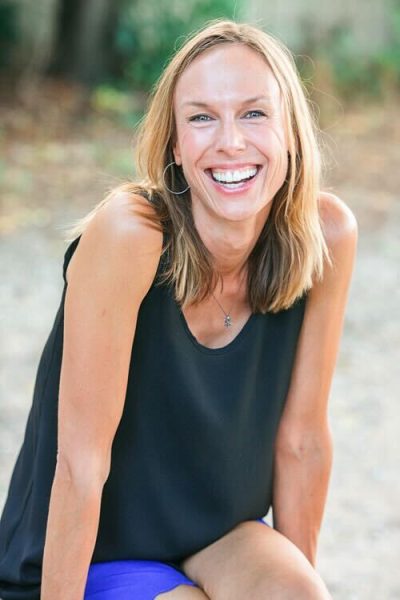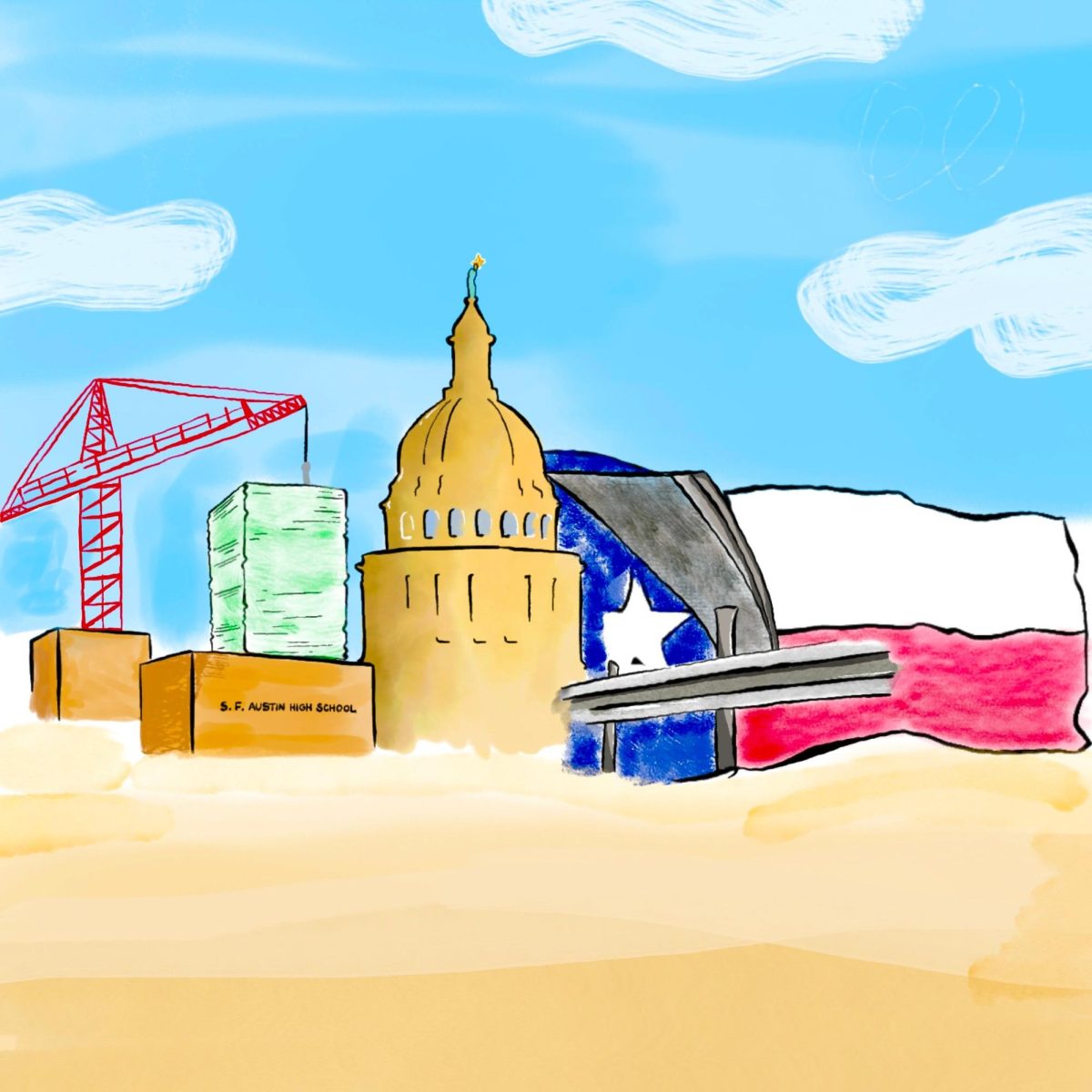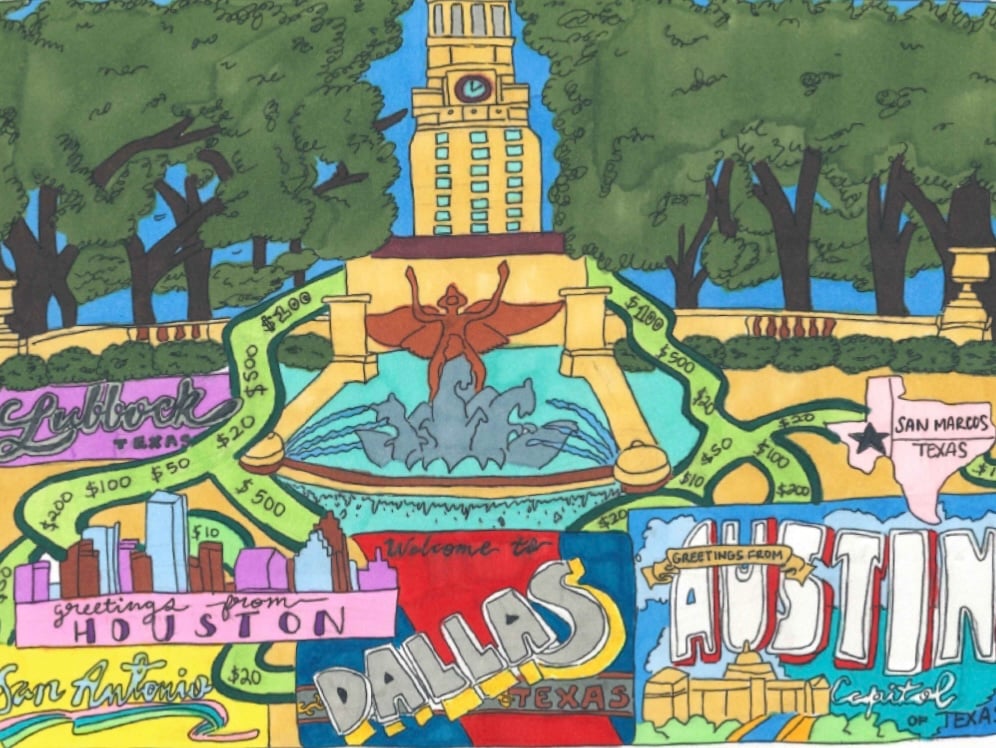Bobbi Duncan said she was 13 years old when she was first sexually assaulted, but it was something she never talked about. She said the abuse continued for about two years. Her assailant was a family friend, and she could not say anything about it.
About a year and a half ago, Duncan decided to speak up about her assault.
“I decided, ‘OK, enough silence,’” Duncan said.
Duncan shared her story as a part of Sexual Assault Awareness Month. She said she wanted to share that opportunity with others at Speak, a multilingual monologue show written by the performers and members of Inspire UT.
Inspire UT is an interdisciplinary undergraduate women’s leadership program that looks for students from majors in which women are typically underrepresented such as engineering and architecture.
The performance ran Friday and Saturday and will continue this weekend. There is a suggested $5 donation that will be divided between Inspire UT and SafePlace, a local sexual violence advocacy center. Duncan said she used SafePlace’s services to help her deal with her assault.
SafePlace reports that 90 percent of Travis County rape and sexual assault survivors, such as Duncan, knew the person who assaulted them. Only 20 percent of rape survivors actually report the rape or sexual assault.
Duncan said the monologues are a way to encourage men and women to talk about their bodies, relationships and expectations in their native languages.
“We feel like getting people speaking is the best way to combat sexual violence because the easier it is to talk about yourself, the easier it is to say no,” she said.
She said the idea to incorporate different languages into the monologues came from a project she worked on in a Russian language course.
“I realized that as long as I was writing in Russian, I never had to use any words that made me uncomfortable because Russian is not my native language,” she said.
She said it made her wonder what Americans whose first language is not English avoid saying because they are not speaking their native language, specifically words about sex, love, relationships and their bodies.
“Those are such personal topics, and if we are never talking about them in our native language — words that actually mean something to us — then how are people actually connecting to them?” she said.
Curriculum and instruction graduate student Ganiva Reyes said telling her story in her native language made it much more personal and gave it deeper meaning.
“Telling it in our home language evokes something deeper in us and gives us this idea of who we are in connection to society because it allows us to speak freely about things that we wouldn’t normally be comfortable saying,” Reyes said.
Duncan said she is glad to be “out” and is no longer afraid to speak about overcoming her assault.
“I’m not a victim anymore,” she said. “I’m a survivor now.”

















